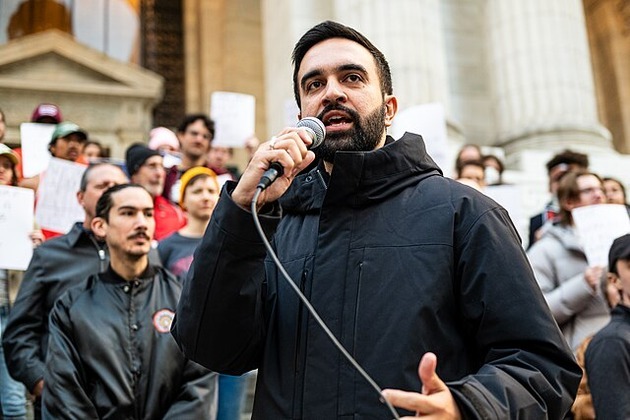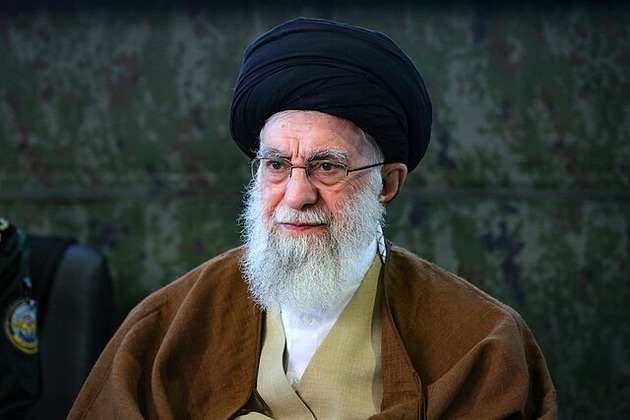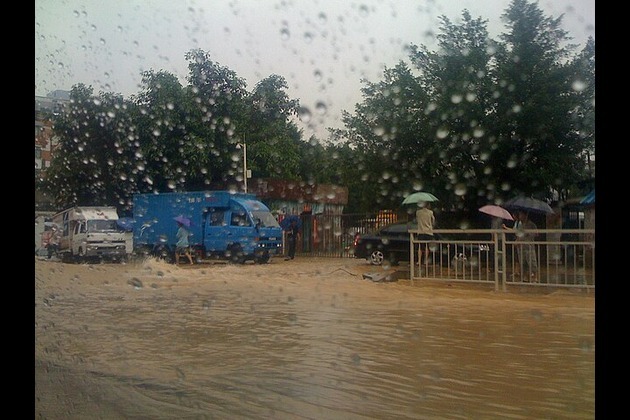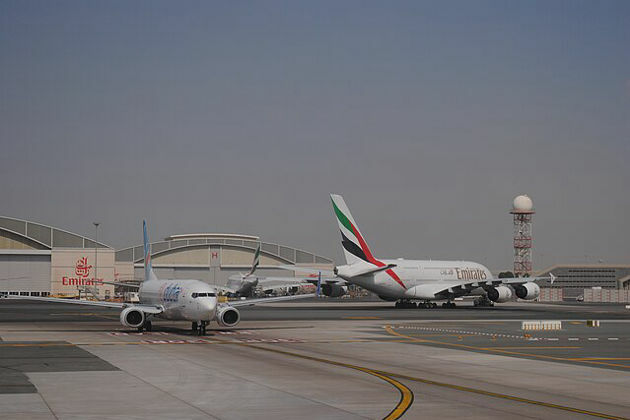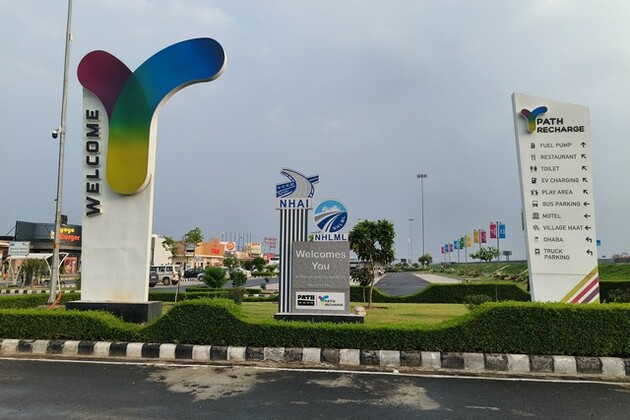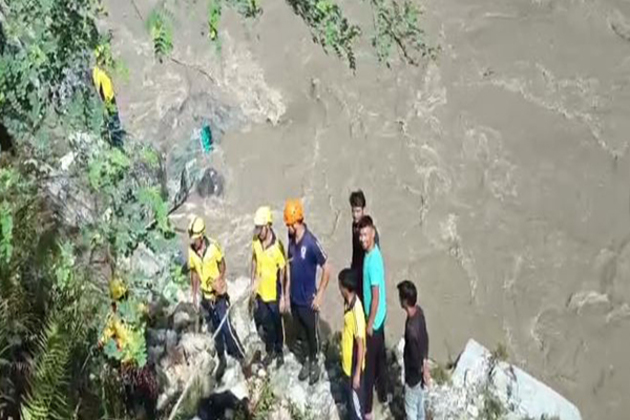Trapped in the Crossfire: Indian workers bore the brunt of the Israel-Iran conflict
RT.com
26 Jun 2025, 19:47 GMT+10
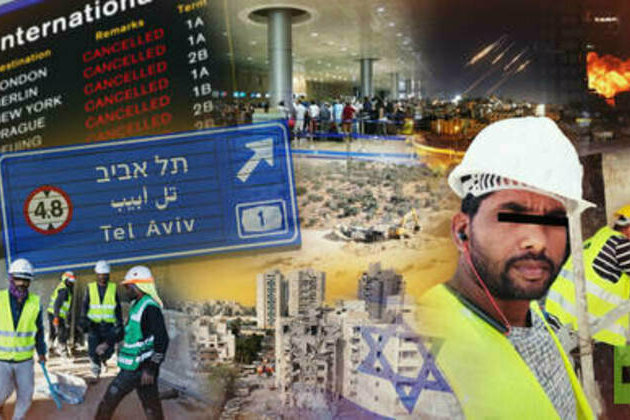
About 150 laborers from northern India were stranded in Israeli cities that were struck by Iranian missiles
When sirens wailed across Israeli cities and missiles from Iran struck Israeli territory, about 150 Indian construction workers from the Bahraich district in the northern Indian state of Uttar Pradesh found themselves caught in an increasingly dangerous situation, desperately seeking a way home.
The workers, who traveled to Israel over the past year seeking better economic opportunities, faced a harsh reality: trapped between the promise of steady income and the very real threat of becoming casualties in a regional conflict.
Sandeep, a resident of the Mihipurwa area, spoke to his family on the phone from Hadera, painting a grim picture of daily life under fire. "Missiles are falling here, but we get alerts before they hit," he explained to worried relatives back home. "When the sirens start, we run to the bunkers and hide. These daily situations are affecting our work, and now we just want to come home."
The situation created a painful dilemma for the workers and their families. While the income from Israel has provided unprecedented financial stability - with workers earning around 160,000 rupees (about $1863) per month, compared to much lower wages in rural India - the escalating violence made the cost of this prosperity potentially too high to bear.
Kamlavati, whose husband Gopal has been working in Israel for a year, captured the anguish felt by families back home. "My husband has been working safely in Israel for a year, and in this situation, we demand from the government that he be sent back home safely," she said. "Because now, seeing the conditions in Israel, we are getting scared."
The irony of their situation is not lost on the families. Kamlavati described how the money from Israel has transformed their lives - they've been able to build a new home and provide better opportunities for their children. Her daughter has started attending school, while her younger son is still very small. But the fear for her husband's safety has overshadowed these material gains.
"We are getting money - he gets 160,000 rupees and keeps sending money home regularly, which helps run the household," she explained. "But now, seeing the new house being built doesn't feel good. We just want the children's father to come back."
The workers are part of a larger Indian diaspora in Israel. According to Indian Minister of State for External Affairs Kirti Vardhan Singh, as of December 4, 2024, 6,583 Indian workers had reached Israel for employment, recruited by Israeli authorities and deployed across 195 Israeli companies. Of these workers, 2,325 were engaged in building construction, 1,906 in iron bending, 1,578 in plastering, and 774 in ceramic tiling - all essential skills for Israel's construction industry.
Mihipurwa has been particularly affected by this migration. Local official Shravan Kumar Madeshia revealed that 250 people from the area had filled out application forms for work in Israel, with 150 being selected and currently working there. This represents a significant portion of the area's working-age population, making tensions in West Asia a community-wide concern.
The families of brothers Sandeep and Sanjay exemplify the collective anxiety gripping the region. "Both brothers have been living in Israel for a year, but now seeing the terrible war between Iran and Israel, we want our sons to return home safely," their relatives said.
The conflict escalated dramatically before the countries agreed to a ceasefire on Tuesday.
Recent Iranian missile attacks hit residential areas in Tel Aviv, bringing the war directly to neighborhoods where many of the Indian workers live and work.
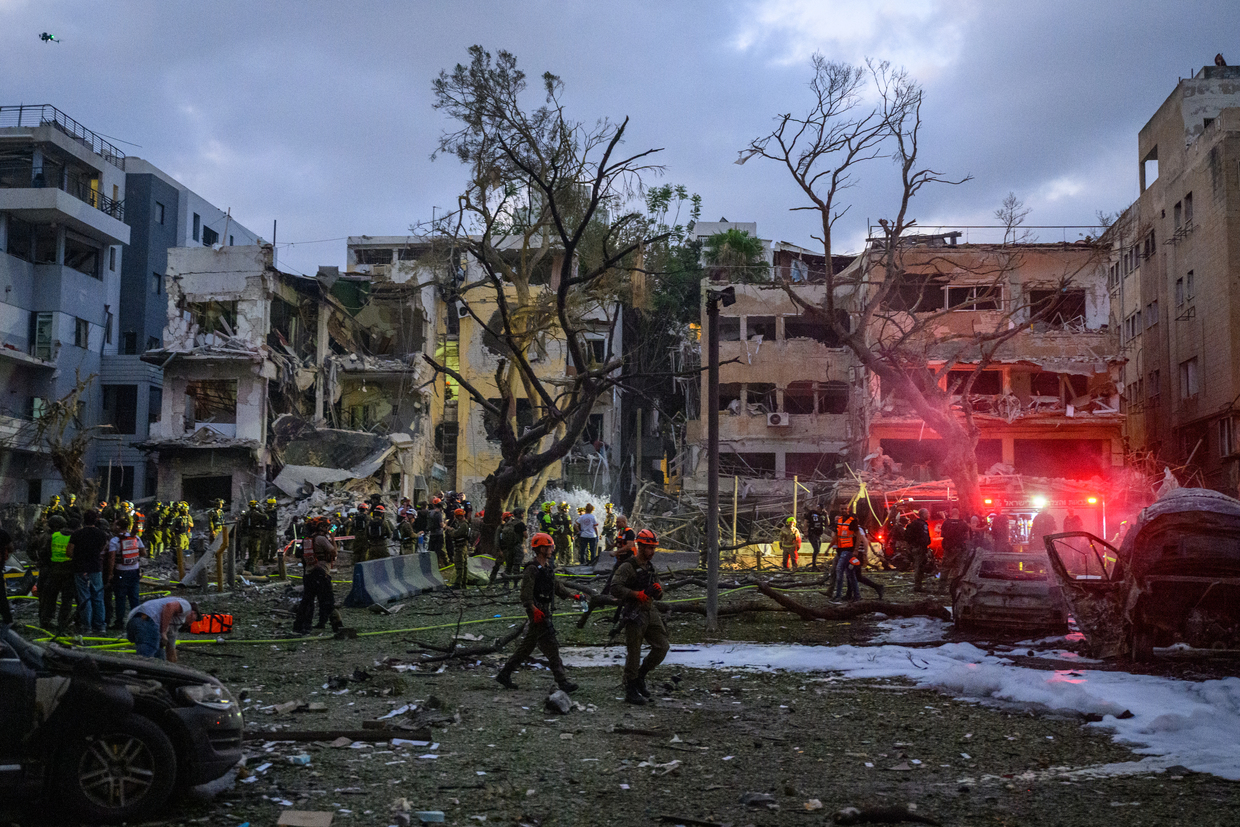
The tense environment presents a stark contrast to the hopes these workers had when they first arrived in Israel. For many from rural Uttar Pradesh, the opportunity to work in Israel represented a chance to escape poverty and provide for their families in ways that would have been impossible at home. The monthly salary is several times what they could earn in similar work in India.
However, the reality of living in a war zone has quickly overshadowed these economic benefits. The workers described a daily routine of constant vigilance - working while listening for air raid sirens, knowing that at any moment they might need to run for shelter. The psychological toll of this existence is evident in their desperate pleas to return home.
The absence of available flights made their situation even more precarious. Commercial aviation has been severely disrupted due to the conflict, with many airlines suspending or limiting services to and from Israel. This has left the workers with no clear path home, despite their growing desperation to leave.
The Indian government faces a delicate diplomatic challenge in the Middle East. India maintains strong relationships with both Israel and Iran, and has refused to join international condemnations of Israeli actions. New Delhi is accustomed to balancing ties with rival states during crises, but the most recent presented a particularly difficult test.
For the families in Bahraich, the geopolitical complexities matter little compared to their immediate concern: bringing their loved ones home safely. The transformation of their economic fortunes has come at an unexpected cost - the constant fear that their primary breadwinners might become casualties in a conflict that has nothing to do with them.
With hundreds of people requiring hospital treatment, the Indian workers found themselves in an increasingly untenable position. They were neither combatants nor civilians in the traditional sense, but economic migrants caught in the crossfire of a regional conflict.
During the recent crisis, when families in rural India waited anxiously for news from their loved ones, and workers huddled themselves in bunkers to the sound of sirens, one could not help but be reminded that in our interconnected world, no conflict is truly local, and its human toll extends far beyond the immediate theater of war.
 Share
Share
 Tweet
Tweet
 Share
Share
 Flip
Flip
 Email
Email
Watch latest videos
Subscribe and Follow
Get a daily dose of Kolkata Sun news through our daily email, its complimentary and keeps you fully up to date with world and business news as well.
News RELEASES
Publish news of your business, community or sports group, personnel appointments, major event and more by submitting a news release to Kolkata Sun.
More InformationInternational
SectionMamdani leads NYC mayoral race in stunning upset over Cuomo
NEW YORK, U.S.: A political newcomer is on the verge of reshaping New York City politics. Zohran Mamdani, a 33-year-old state assemblyman...
Millions endure dangerous US temperatures, heat alert issued
MADISON, Wisconsin: Tens of millions of residents across the Midwest and East Coast faced dangerously high temperatures over the weekend...
Multiple Israeli troops die as armored personnel carrier is blown up in Gaza
KHAN YOUNIS, Gaza - Seven Israeli soldiers were killed in a large explosion in southern Gaza's Khan Younis area on Tuesday night,...
Khamenei remains in hiding as clerics fast-track succession plans
DUBAI, U.A.E.: Iran's top clerics are quietly accelerating succession plans for Supreme Leader Ayatollah Ali Khamenei, who was threatened...
Monsoon floods batter China, raising climate concerns
BEIJING, China: Extreme weather is once again testing China's resilience, as intensifying monsoon rains trigger floods across major...
UK and France issue heat warnings as temperatures climb
LONDON/PARIS: British and French authorities have warned people to stay safe as an early summer heat wave brings unusually high temperatures...
India
SectionHundreds of flights worldwide were grounded over Israel-US-Iran attacks
NEW YORK CITY, New York: The escalation of conflict between Israel and Iran, compounded by the United States' military involvement,...
Khelo India supporting senior as well as junior athletes: Indian shuttler PV Sindhu
Bengaluru (Karnataka) [India], June 26 (ANI): Ace Indian badminton player PV Sindhu on Thursday said that the Khelo India initiative...
Delhi-Mumbai Expressway gets driver-friendly touch: 'Wayside amenities' stations ensure safety, comfort for long-haul truckers
Dausa (Rajasthan) [India], June 26 (ANI): The Delhi-Mumbai Expressway, counted among the most ambitious and eco-sensitive infrastructure...
Bengal CM Mamata Banerjee visits Lord Jagannath temple in Digha
Digha (West Bengal) [India], June 26 (ANI): West Bengal Chief Minister Mamata Banerjee visited Lord Jagannath temple in Digha in West...
Shashi Tharoor meets Deputy Chairman of Russian Federation Council in Moscow
Moscow [Russia], June 26 (ANI): Congress MP Shashi Tharoor, who is on a visit to Russia, met several top Russian leaders, including...
Three dead, several injured after bus plunges into river in Uttarakhand's Rudraprayag
Rudraprayag (Uttarakhand) [India], June 26 (ANI): At least three persons were killed and eight others were injured after a bus carrying...

